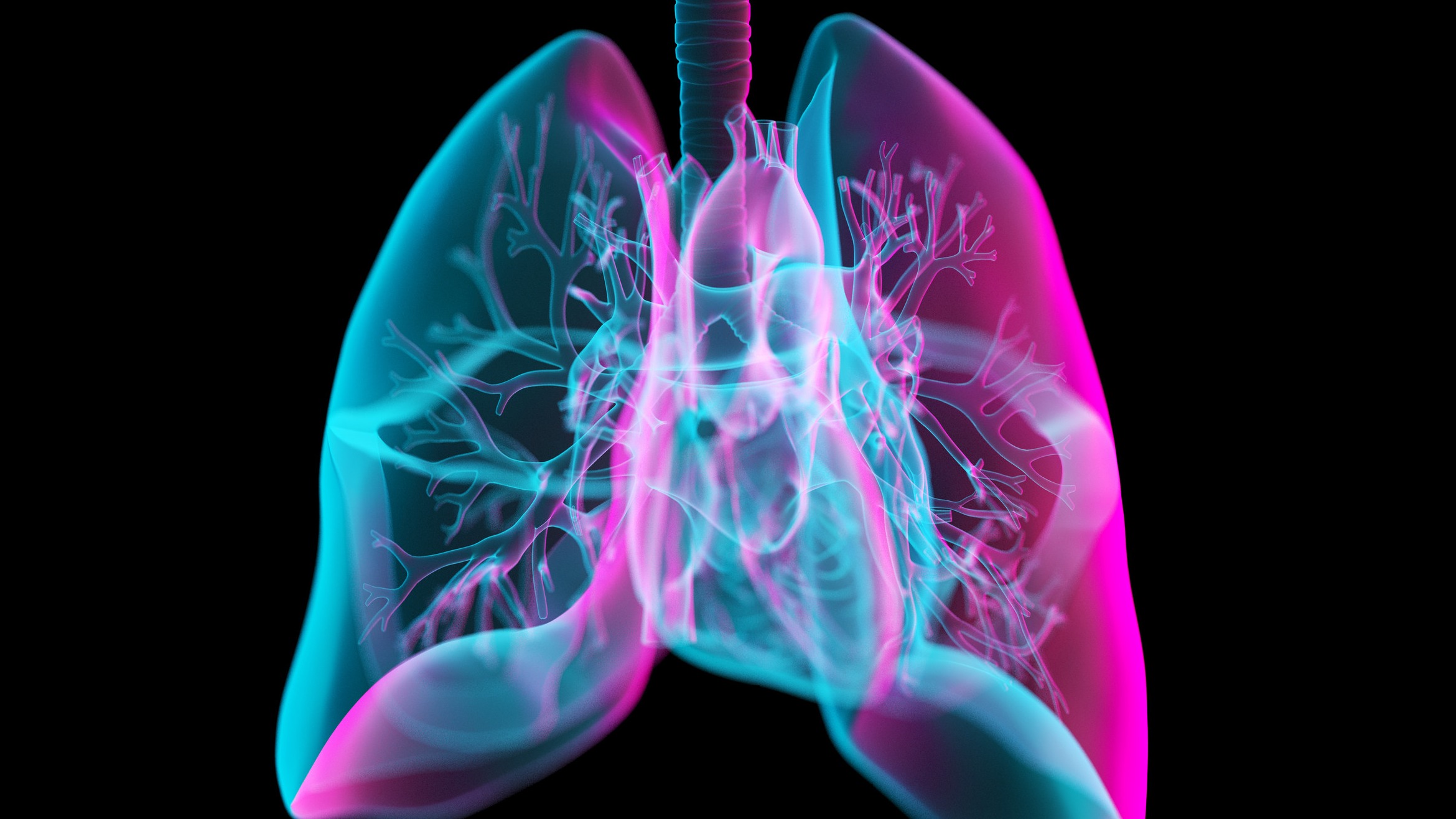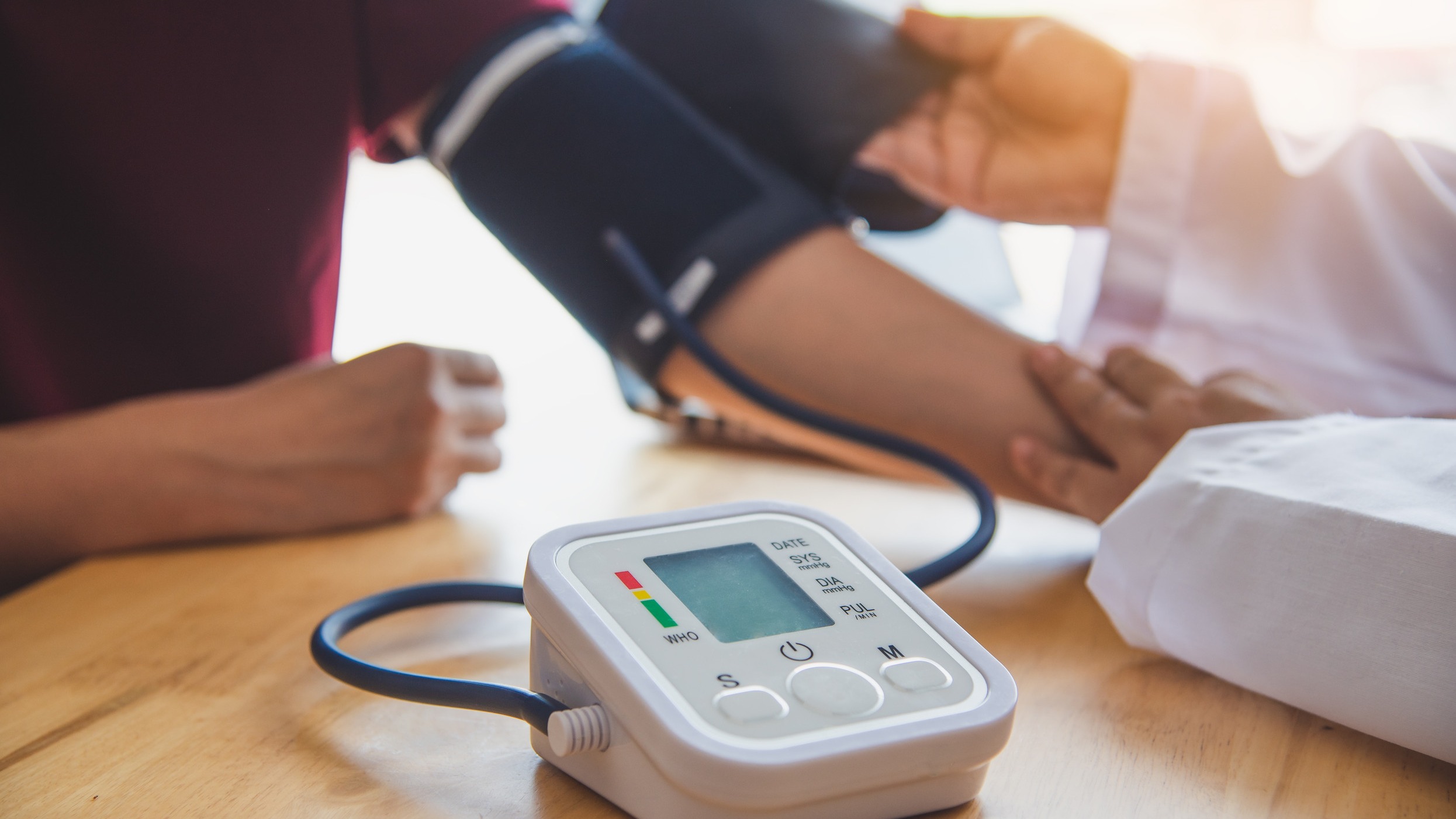
Understanding the Impact of Repeated Head Trauma
The new studies from Imperial College London shine a vital spotlight on the long-term effects of head injuries sustained by rugby players. This crucial research supports earlier findings suggesting that elite rugby players face an increased risk of neurodegenerative diseases such as dementia and chronic traumatic encephalopathy (CTE). By exploring the direct correlation between repeated head impacts and these severe health conditions, the evidence becomes an essential resource for promoting player safety and improving health outcomes.
Challenges of Diagnosing Brain Health Concerns
With 200 former rugby players involved in the studies, the significance of early monitoring and diagnosis in detecting potential brain health issues comes to light. Many participants reported experiencing myriad mental health issues, including depression and anxiety, particularly linked to their past concussions. These findings highlight an urgent need for effective screening practices within contact sports, as early intervention could significantly alter life trajectories for ex-players. They are not just statistics; many former players carry the emotional burden of forgetting the game they love while grappling with unsettling memories and cognitive challenges.
The Silent Struggles of Athletes
The psychological ramifications of sustaining concussions are staggering. Many athletes feel isolated while managing post-concussion symptoms, which often remain overlooked by the public and even their peers. The study’s self-reported mental health indicators reveal the often-hidden burden of mental health issues among sports professionals. Concussions can manifest far beyond physical symptoms, also impacting emotional well-being, relationships, and overall life satisfaction.
Blood Biomarkers - A New Frontier in Detecting Risk
Perhaps one of the groundbreaking revelations from the research is the identification of specific blood biomarkers that may signal an increased likelihood of developing dementia. This potential method of early detection represents a significant advance in medical science that can extend beyond rugby and sports altogether. If adopted widely, it could provide health professionals with a powerful tool to proactively manage risks associated with traumatic brain injuries.
Call for Enhanced Safety Protocols
As our understanding of neurodegenerative diseases evolves, so must the policies surrounding sports. The research serves as a compelling clarification of soccer’s well-recognized “concussion protocol,” urging similar protocols to be implemented more rigorously in rugby and other contact sports. The emphasis on player safety should not only focus on immediate medical care post-injury but also on how to afford future protection by understanding the life-altering effects of head impacts.
Embracing a Culture of Health and Wellness
For professionals navigating their paths in high-contact careers, the findings reinforce the importance of prioritizing health and wellness in all areas of life. Seeking timely medical advice, participating in mental health initiatives, and fostering strong support networks can help manage the long-term effects of head injuries. A proactive approach, forward-thinking, and a shared responsibility are essential to reforming how sports are played and how players are cared for in our society.
Encouraging Ongoing Research and Support
The alarming evidence points to an urgent need for continued research into the effects of brain injuries, particularly in contact sports. In addition to advocating for deeper studies, it’s essential for former players to engage in discussions around their experiences and advocate for change. The more these stories are shared, the more awareness can be raised, providing hope for future generations and potentially influencing policy changes that prioritize health.
Take Action: If you or someone you know has experienced concussions or head injuries, consider seeking a medical evaluation. By staying informed about these groundbreaking findings and advocating for change in sports, we can collectively create a safer environment for current and future athletes.
 Add Row
Add Row  Add
Add 




Write A Comment